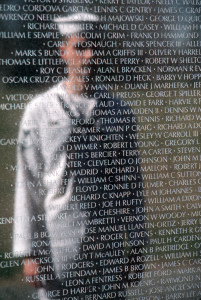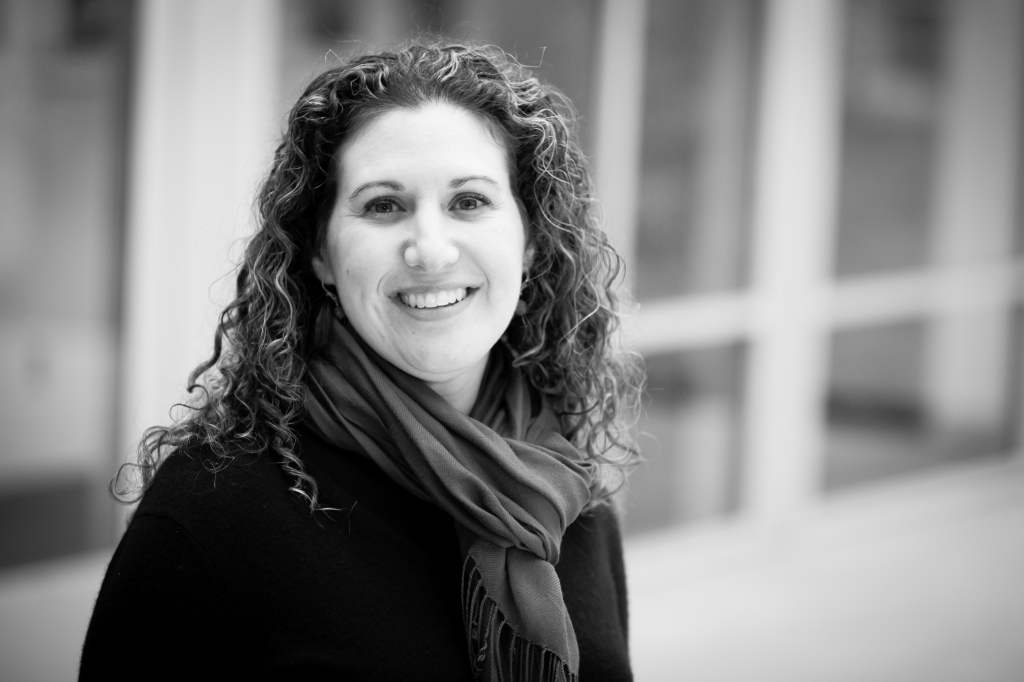 As Veteran’s Day approaches, we pause to think about the people who have served our country and the impact their experiences may have on them long after they return home. For some, the effect of service in war or other high-stress situations can take the form of Post-Traumatic Stress Disorder, or PTSD.
As Veteran’s Day approaches, we pause to think about the people who have served our country and the impact their experiences may have on them long after they return home. For some, the effect of service in war or other high-stress situations can take the form of Post-Traumatic Stress Disorder, or PTSD.
When in danger, it’s natural to feel afraid. Fear triggers many split-second changes so that the body can prepare to defend itself against the threat or to avoid it. This “fight-or-flight” response is a healthy reaction meant to protect a person from harm.
After a terrifying ordeal, most people will continue to experience distress after the event is over. These stress reactions can include feeling tense or afraid, being agitated and jumpy, wanting to be alone all the time, losing interest in things that used to be enjoyable, as well as feelings of guilt, shame or anger. If this type of distress does not subside after a period of months, a person may have PTSD.
When the body’s natural recovery processes don’t happen, the resulting stress and fear can compromise all aspects of a person’s life – inhibiting their ability to work, to sustain relationships and even to manage the many small tasks necessary for day-to-day functioning and independence.
JFS provides help for veterans and other trauma survivors who suffer from PTSD. When one of our clients is unable to work, we help them connect to the government benefits necessary to supplement a fixed income. We work with them to manage detail-oriented tasks like paying bills or making (and keeping) necessary medical appointments. And we look for ways to help them establish community connections – be it through support groups, social outings with one of our specialists or activities like cooking classes.
We tailor our services to meet each person’s particular needs, but overall, we have two goals. We want to enable each person to continue living independently and also to establish the human connections necessary to avoid debilitating isolation and loneliness.
 By Rachael Kwong
By Rachael Kwong
Rachael is the Director of SAJD Supported Living Program where she strives to ensure a high level of independence and quality of life for the people she serves. When not at JFS, she spends her time running, being a mother and learning how to garden with a toddler.



